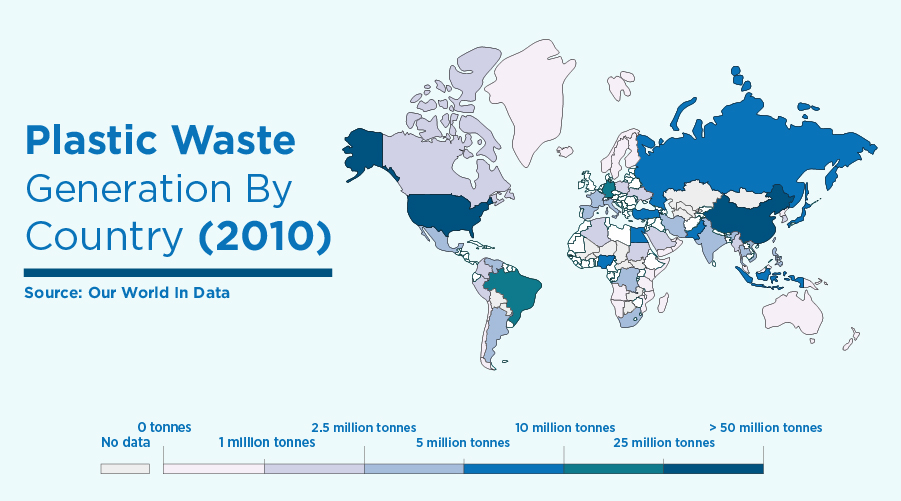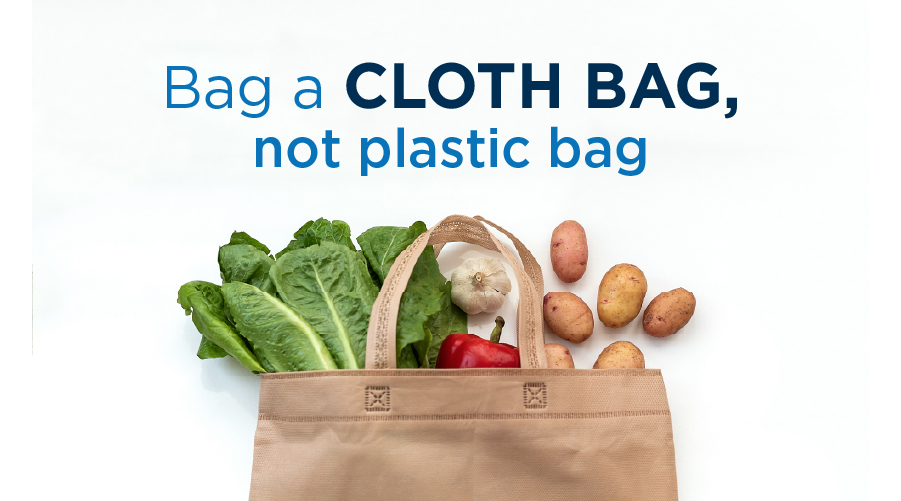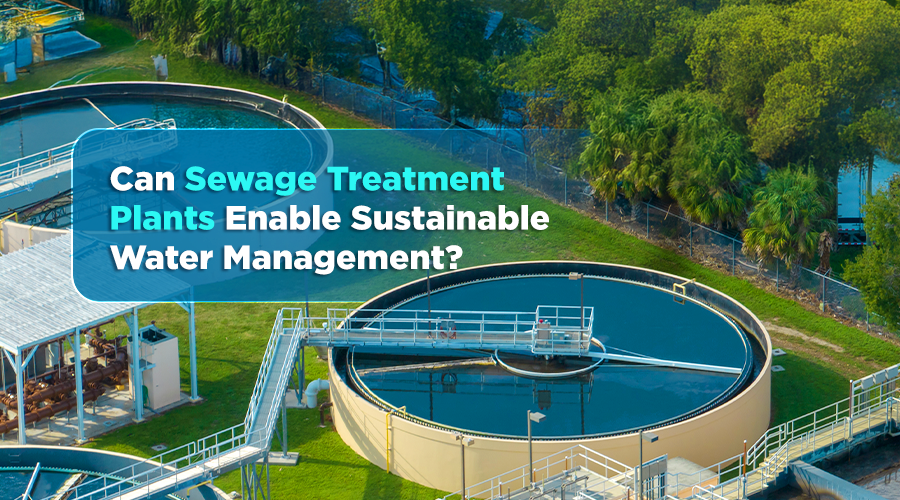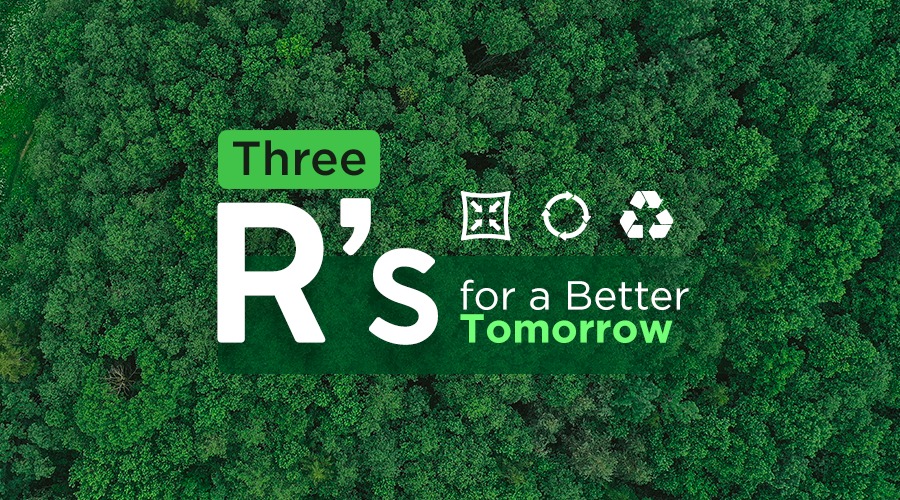“Plastic Bags Are Bad & For The Most Part Unnecessary” – David Suzuki
How can this fact be denied that whether you live in an urban megacity or rural farmland, plastic bags blowing around must have been encountered by you anytime you might have left the house? Some can be seen protruding from the branches of street trees making a canopy of plastics, while some others may be witnessed blowing across roads like tumbleweed of a post-apocalypse. The misadventure doesn’t end here; there are still others that end up floating through creeks or rivers until and unless they get there to find their way to the sea.
Everyone will be ready to accept unequivocally that these plastic bags are not pretty, and they can pose actual and egregious harm to the more significant and greener environment, detrimental enough to our health. Disruption of the environment can be caused profoundly by these plastic bags.
Truth About The Plastics:
It came as an extraordinarily shocking revelation that “plastic manufactured in the first one decade of this century eclipses the total produced in the entire last century”. Since its mass production started in the 1940s, plastic has occupied an inseparable part of our society due to its wide range of unique properties. In 2018 alone, almost 360 million tonnes of plastic were produced globally.
The common phenomenon to see today is people using plastic bags to carry items like food and clothes bought from shops. It is ironic that even after knowing well that plastic bags can damage the environment, it is still commonly used. Plastic bags have become essential items in the litter system. It often results in several detrimental environmental effects like animal choking, pollution, blockage of channels, rivers and streams and disfigurement of the landscape. Owing to such hazardous effects, the public at large, activists and legislators have voiced concern to such a level that some national governments have banned the use of plastic bags for shopping.
K”No”w Your Plastics:
One of the most hazardous and unavoidable impacts of plastic bags on the environment is that it takes many years for them to decompose. In addition, to add insult to injury, when plastic bags perish under sunlight, they release a toxic substance into the air causing encompassing air pollution. The use of plastic bags may become one of the reasons for inroads into a cancerous disease because of the unregulated accumulation of the carcinogenic compounds, suggests Simons (2005). When these plastic bags are dumped indiscriminately into landfills worldwide, they not only occupy tons of hectares of land but dangerous methane and carbon dioxide gases, as well as highly toxic leachates, get emitted from these landfills during the decomposition stage.
Wastes from plastic bags pose severe environmental dangers to human and animal health. Plastic bags can impact the environment by causing littering and stormwater drain blockages if they are not correctly disposed of.
In a few cases, it has also been found that animals get tangled and drown in plastic bags. Getting confused about food, animals sometimes consume plastic bags, which block their digestive processes that may lead to death. It is a matter of significant concern that although plastic bags have been seen to have affected agricultural production extensively, nothing concrete, proactive action seems to have been taken concerning awareness-raising. It is incredibly encouraging to know that some significant steps have been taken by international organizations and the international community in the light of few scientific investigations to reduce the ongoing consumption of plastic bags. It is high time plastic bags are prohibited globally, and their biodegradable equivalent is vigorously implemented to tackle these gross and harmful issues.
The ever-increasing hazards of plastics can be gauged from the fact that though it appears to have made life easier and safer, it has made its strong presence felt from cellphones to bicycle helmets to IV bags, the harmful imprint it has left on the environment. Even humans can’t be set aside. In a 2009 report contributed by more than 60 scientists from around the world, which was unique and a first of its kind to offer a comprehensive review of the impact of plastics on the environment as much as on human health, and to present viable and possible solutions in this regard. David Barnes, a lead author and researcher for the British Antarctic Survey, writes, “One of the most ubiquitous and long-lasting recent changes to the surface of our planet is the accumulation and fragmentation of plastics.” The report was published in a special issue of a scientific journal namely Philosophical Transactions of The Royal Society B.
Statistics Of Plastic Bags In Circulation:

Plastics have become part and parcel of life since its manufacture in the 1900s and since then humans have produced more than 8 billion tons of plastic. It is estimated that only 9% of the plastics are recycled and somewhere between 4.8 to 12.7 metric tons of plastics go straight to water bodies. It is seen that developed countries with high per capita income contribute largely to plastic pollution, despite having advanced technology for waste management.
Below is the list of 10 countries with the most plastic pollution:
- China (59,079,741 tons)
- United States (37,825,550 tons)
- Germany (14,476,561 tons)
- Brazil (11,852,055 tons)
- Japan (7,993,489 tons)
- Pakistan (6,412,210 tons)
- Nigeria (5,961,750 tons)
- Russia (5,839,685 tons)
- Turkey (5,596,657 tons)
- Egypt (5,464,471 tons)
Conquering The Non-Biodegradables:
There are several plastic bags options available today. But when it comes to the energy and water used during the manufacturing process or its end-of-life disposal, every opportunity has a different sustainability impression. You may find some options more sustainable than others. The best option will be selecting an alternative material that leaves a smaller footprint on the earth, especially if you are looking to use the ban to meet sustainability goals. You might not be able to get the eco-friendliest alternative if you are looking for the most cost-effective option.
Here are the lists of the following alternatives from the least expensive to the costliest alternative material:
- Paper (Recycled): Paper bags are recyclable and biodegradable materials, making it one of the most sought out alternatives for plastics. An ideal recycled paper bag must contain at least 40% post consumer recycled content.
- Cotton: Organic cotton bags are one of the best alternatives of plastics as they are ethically grown without chemicals & pesticides leaving minimal carbon footprints in the environment. Cotton bags are recyclable & can be reused multiple times.
- Silicon Bags: Unlike plastics which are petroleum based, silicon is composed of inert silica & oxygen which is more environment friendly than plastics. You can use silicon bags & containers as they are durable & can last upto decades. Also they are safe to incinerate.
- Compostable: These alternatives are made up of renewable raw materials & are certified to break down in composting facilities or home composting environments leaving smaller footprints.
- Jute: Jute bags are spun into durable strong strands using vegetable fibers, making it very environmentally friendly and easy to break down.
Success Stories of Plastic-free Countries or Cities
The ten countries and cities listed below are just a handful of hundreds that have successfully implemented bans on single-use plastic bags, and are leading the way to attain an eco-friendly ambience:
- Washington D.C.
Impact: There has been an 85% reduction in plastic ban consumption since the country implemented the policy in 2009.
- San Francisco, CA
Impact: A reduction of 72% has been noticed since the policy came into being in 2010.
- Seattle, WA
Impact: There has been a reduction of 78% in plastic bag use in Seattle. The legislation was successfully passed despite strong lobbying against it by the American Chemical Society who spent more than $ 1.4 million.
- Boston, MA
Boston is on its way to a dual approach of taxation and bans on single-use bags.
Impact: Boston expects this policy to play a pivotal role in reducing the more than 350 million plastic bags used in the city every year.
- Karnataka, India
In order to significantly reduce the all-encompassing plastic pollution found in the Indian streets and waterways, Karnataka govt. introduced a State Level Special Task Force to eliminate single use plastics in circulation.
Impact: This ambitious policy first implemented in 2016 was put in place to significantly reduce the overwhelming plastic pollution found in India’s streets and waterways. Studies on its impact have yet to be produced.
- Kenya
Kenya implemented a country-wide ban on plastic bags, and they even went to the extent of significant repercussions for violating the law, which includes either a jail term for four years or a 40,000 fine for the sale or use of plastic bags.
Impact: This policy was passed with the goal of aiding and protecting Kenya’s agricultural, tourism, and fishing sector. And it is too soon to measure the impact.
- Chile
Impact: The legislature passed the bill at the end of 2017 to implement the law by October 2018. Reducing plastic pollution in the ocean and waterways is basically what this policy is aimed at.
- United Kingdom
Impact: The plastic bag consumption has been reduced by more than 80% by an official estimate since the bag tax’s introduction in 2015. Significant economic benefits from the ban are also expected by the U.K. government, including a 60 million Pounds reduction in litter clean-up costs and 13 million pounds in carbon savings.
- Australia
Impact: The ban has been a great success, eliminating ½ of plastic waste sent to landfills before implementing the ban. According to a study, 70% of citizens want the ban to continue, and they oppose it being withdrawn.
- China
Impact: China has seen a reduction of 66% in plastic bag usage since the rollout of the ban, according to the NRDC report. 600,000 regulators have been sent in response to inconsistent enforcement to grocery stores to ensure that the policy is complied with.
Final Thoughts:
As we have found how plastic bags are detrimental to human health and even pollute the environment, there are some better alternatives to plastic bags. It is high time we discard plastic bags and instead use the various other options like paper cloth or jute bags. Cloth bags can be a better alternative as they are reusable, and so they help reduce pollution, and are known for their multipurpose use. Investing in a cloth bag is one of the easiest and most impactful ways. They are economical, more sustainable, and might give you peace of mind philosophizing with the feeling of preventing plastic pollution with every use.





